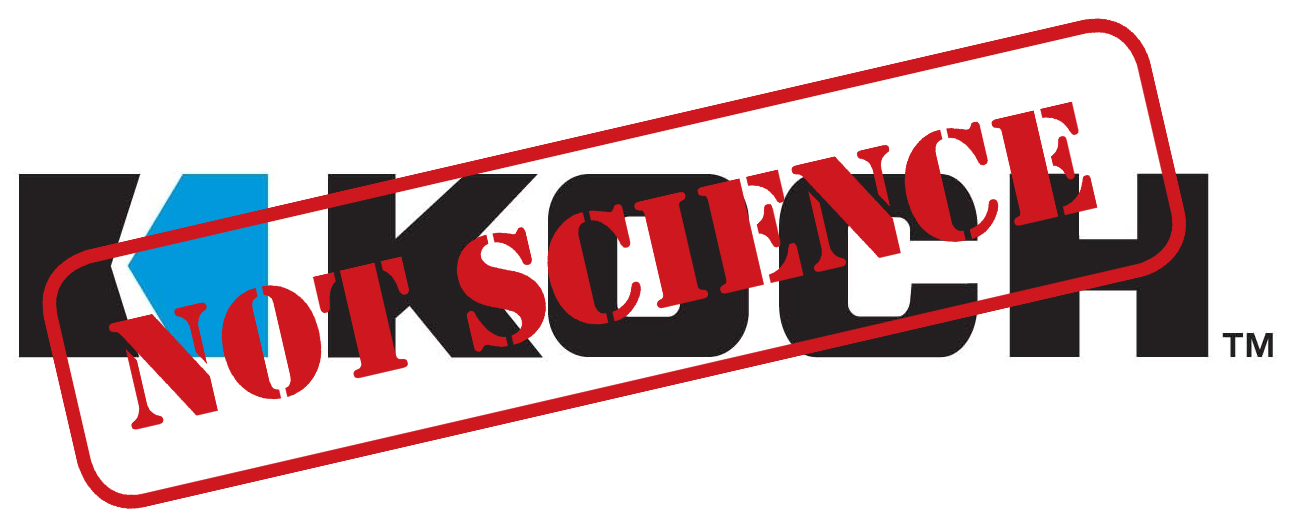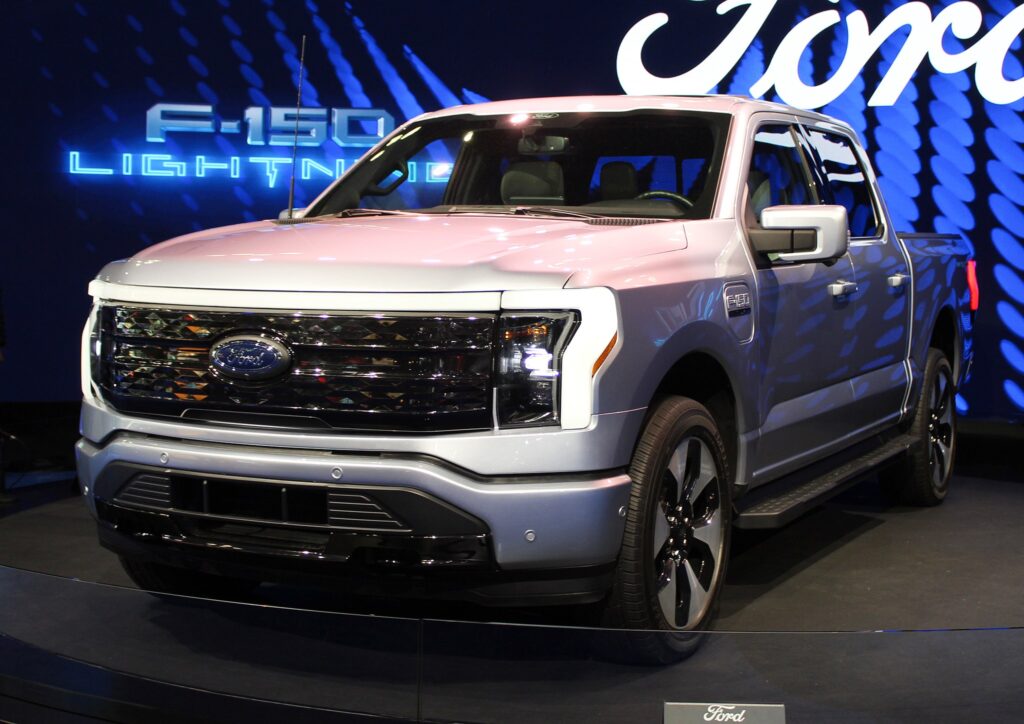When Koch Industries needs a study to cast doubt on the benefits of electric vehicles (EVs), where does it turn?
Unsurprisingly, to an industry-funded study mill that infamously produced a key report defending the tobacco industry that was deployed by Philip Morris in the 1990s, and which has since published studies commissioned by the liquefied natural gas (LNG) industry, the coal industry, and the U.S. Chamber of Commerce.
As Congress debates whether to extend, end, or leave alone the federal EV tax credit, a study critical of the incentive has been making the rounds in conservative media outlets and Koch-affiliated free market advocacy groups.
The study, conducted and published by NERA (National Economic Research Associates) Economic Consulting, was commissioned by Flint Hills Resources, a refinery group and fuels marketing company that also happens to be a wholly owned subsidiary of Koch Industries.
Koch-Funded Echo Chamber Echoes Koch-Funded Study
Predictably, Koch-affiliated and -funded groups are actively promoting the study and calling for Congress to end the tax credit.
This week, the American Energy Alliance (AEA) issued a press release about the study itself, quoting former Koch Industries lobbyist and current AEA President Thomas Pyle. The group also delivered copies of the NERA study to lawmakers on Capitol Hill.
Meanwhile, The Daily Caller News Foundation shrieked that the study “warns of dire consequences” if the EV tax credits are extended. The Daily Caller News Foundation is funded almost entirely by Charles Koch’s foundations.
An op-ed published last week that promoted the NERA study and argued for an EV tax credit phase-out was penned by Phil Kerpen, who has worked at one Koch-funded organization after the next throughout his career — Americans for Prosperity, the Cato Institute, and the Club for Growth — and is currently the head of American Commitment.
Pyle and Kerpen also both signed onto the latest in a series of letters from a coalition of conservative free-market groups to House leaders, demanding that Congress not lift the cap on EV tax credits, which originally limited the credits to the first 200,000 cars per manufacturer. The letter is the second from this coalition in as many months, and at least the third sent by these groups this year.
The Koch Network’s Last Ditch Attempt to Kill the EV Tax Credit
The aggressive deployment of this NERA study suggests an escalation in the Koch-funded attack on the EV tax credit in the last few weeks of Republican control of both chambers of Congress.
Koch Industries has publicly voiced its opposition to the EV tax credit, routinely citing this NERA study and other fossil fuel-funded and roundly debunked studies.
In October, Koch Industries lobbyist Philip Ellender sent a letter to senators urging opposition to any expansion of the tax credit.
In November, Ellender issued another statement opposing any tax extender packages, “especially” the EV tax credit. In this statement, the Koch lobbyist referenced the NERA study, without noting that it was commissioned by a Koch Industries subsidiary.
The Latest in a Long History of NERA‘s Industry-Funded ‘Studies’
This script isn’t new.
In the early 1990s, Phillip Morris hired NERA to produce reports that would argue against the health benefits of smoking bans in restaurants and workplaces. Another particularly egregious NERA report commissioned by Phillip Morris found no connection between advertising and smoking rates, providing tobacco companies with literature to argue against cigarette advertising bans.
Foreshadowing today’s deployment of NERA materials in an auto policy debate, in 2001 a NERA study was used to fight against a Zero Emission Vehicle (ZEV) mandate in California.
More recently, when the U.S. Environmental Protection Agency (EPA) was finalizing the Clean Power Plan in 2014, NERA issued a report claiming that Obama’s signature climate plan would greatly increase electricity bills. Despite the fact that the NERA study used faulty efficiency cost assumptions, out-of-date renewable energy cost assumptions, and did not include any economic benefits of efficiency and emissions reductions, the study was regularly cited and parroted by media outlets, especially partisan conservative platforms that promote unfettered fossil fuel development.
When the fossil fuel industry needs a study to cherry-pick stats and make false assumptions in order to critique pollution regulations, they write a check to NERA Economic Consulting.
This is cross-posted from KochVsClean.org.
Main image: Courtesy of Union of Concerned Scientists
Subscribe to our newsletter
Stay up to date with DeSmog news and alerts







